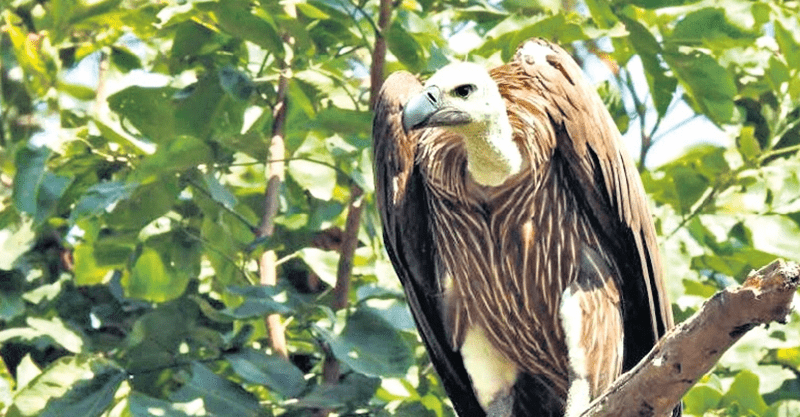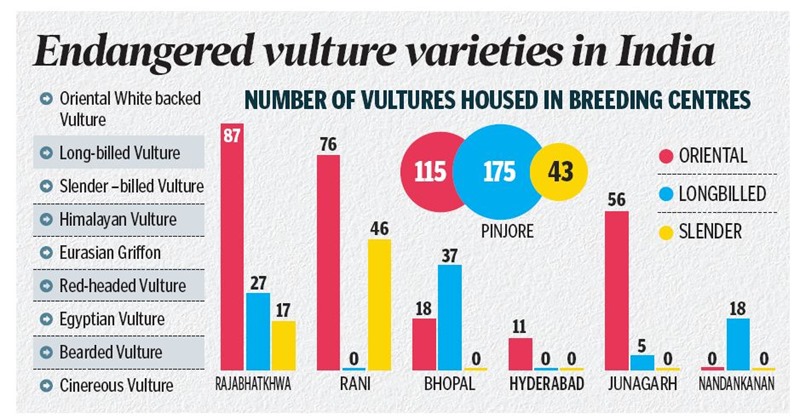The Tower of Silence located in Parsi Gutta, the final resting place of the 1,200-strong Parsi community in Hyderabad, now has a solar concentrator to speed up the decomposition of dead bodies due to the dwindling number of vultures that used to devour the flesh.
Article by JBS Umanadh | Telangana Today
Hyderabad: The dwindling number of vultures has made the Parsi community in Hyderabad to turn to technology for the last rites of departed souls.
The Tower of Silence located in Parsi Gutta, the final resting place of the 1,200-strong Parsi community in Hyderabad, now has a solar concentrator to speed up the decomposition of dead bodies due to the dwindling number of vultures that used to devour the flesh. The solar panel focuses the sun rays to the elevated stage where the body is left letting the vultures feed on the flesh.
According to Zoroastrian scriptures and tradition, a corpse is a host for decay. Scriptures command safe disposal of the dead in a manner that a corpse does not pollute the air. The Parsis hope that the 8,000-year-old tradition of leaving the bodies to the vultures will revive once the number of vultures increases. They still prefer cultures to technology as the birds devour flesh very fast and solar based system takes time and depends on the intensity and extent of the sunshine.
Meanwhile, the Union government’s Action Plan for Vulture Conservation (APVC) 2020-25 for the next five years includes prevention of poisoning of cattle carcasses, the principal food of vultures, enhancement of conservation breeding programmes in the country, regular monitoring of vultures across the country, enhancing the vulture safe zone network by creating at least one vulture safe zone in each State and continuing to work on existing efforts of vulture safe zones.
As most vultures die after consuming carcasses of animals that were administered painkillers such as Diclofenac, a veterinary non-steroidal anti-inflammatory drug (NSAIDs), the Centre plans to stop the misuse and overuse of NSAIDs by regulating its sale only against prescription and ensuring that all treatment of livestock is done by qualified veterinarians. “There are a good number of veterinary NSAIDs of unknown toxicity to vultures and they could cause mortality. Two more drugs, Ketoprofen and Aceclofenac, have been found toxic but are still not banned for veterinary use. These medicines are used by farmers to treat cattle,” the action plan said.
It was observed during the analysis of cattle carcass liver samples that the animals were routinely heavy dosed, sometimes as much as 35 times the normal veterinary dose. The Action plan advises treatment of animals by only qualified veterinary doctors. Scientific management of dumping of carcasses was also suggested. Vultures consume the dead animals when they were left in the open. If the animals died because of synthetic pesticides the vultures or any scavenging bird feeding on it will die around the carcass. If the carcasses have toxic NSAID residue the birds would die within one week.
In addition to the eight existing conservation breeding centres in the country, establishment of five more centres was suggested one each in Uttar Pradesh, Maharashtra, Tamilnadu, Karnataka and Tripura. The founder stock for these centres has to be obtained from the existing VCBCs in the country.


